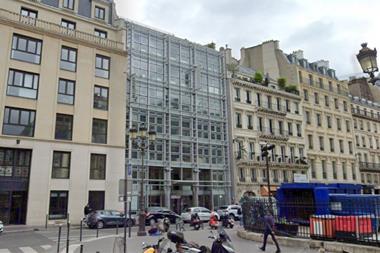GERMANY – Project developer Hochtief has predicted the stable financing environment in the German real estate sector will continue next year, due in particular to pension funds and insurers.
In a recent statement on the market, Christoph Husmann from the management board of Hochtief pointed out that traditional banks had become more cautious in the loan business, but, despite this, “the environment for the financing of real estate property has proven to be stable in 2013”.
“Other actors have appeared on the scene and have intensified their involvement – for example, the savings banks and the federal state banks, as well as the mortgage banks and mutual savings banks with their central institutions,” Husmann said.
He said those banks had net inflows as consumers had been turning away from traditional banks to these institutions in the wake of the crisis.
Husmann also pointed out that credit funds were becoming “considerably more active”, while “concentrating more on portfolio properties”.
“Pension funds, insurance companies and closed funds, but also private equity and family offices, in the meantime like to invest in project development, including in the context of a forward deal,” he said.
According to Husmann, project developers are looking for investors “with which they can already arrange for payment parallel with construction during the realisation phase” – and “pension funds, insurance companies and family offices generally do not have a problem with this”.
He said: “All of these circumstances thus ensure a stable financing environment. And we can assume this tendency will continue.”
Meanwhile Ernst & Young noted a similar trend in a report it issued on loan portfolio transactions in Germany.
The consultancy said: “Real estate debt funds have just recently become an attractive investment alternative for institutional investors.”
They also argued that the new Solvency II requirements “favour real estate financing over direct real estate investments”, as the latter require a capital backing of 39%, while indirect investments only require 25%.
Ernst & Young also pointed out that bank lending remains “very restrictive”, and that a large number of real estate loans will fall due for refinancing over the next few years.
Taking a more general look at the German real estate market, the consultancy said “deteriorating yields for core properties” had “forced conservative institutional investors to make more risky investments to achieve the targeted actuarial returns or guaranteed interest rates”.












